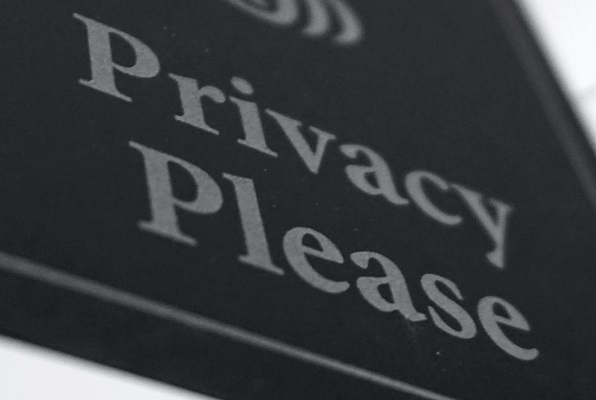A Federal judge just threw out a handful of class action lawsuits against automakers. No, it wasn’t about vehicle safety. No one was physically harmed. Their information was collected without their knowledge. Texts and calls placed through vehicle hands-free systems are being harvested and stored.
That’s the allegation.
A group of five related class action lawsuits allege that Honda, Toyota, Volkswagen, General Motors, and Ford “recorded and intercepted [car owners’] private text messages and call logs” when their phones were connected to the vehicles’ infotainment systems. …
As automakers continue to build out their infotainment systems with features designed to help you answer calls and text messages, privacy advocates argue that manufacturers aren’t doing enough to protect user data. A 2022 report from The Markup found that automakers are not only collecting data about your car but also sending it to vehicle data hubs to process that information.
The court affirmed dismissal based on the absence of any proven harm.
The federal judge’s ruling states that the district court “properly dismissed” the four remaining cases [The case filed against Ford has already been dismissed, according to The Record.], adding that they don’t satisfy the WPA’s statutory injury requirement, which says plaintiffs must allege an injury to their person, reputation, or business. “Plaintiffs’ allegation that a violation of the WPA itself is enough to satisfy injury to a ‘person’… without more, is insufficient to meet the statutory requirement,” the ruling says.
And to answer the question in the headline, no, it doesn’t violate the law here in New Hampshire either.
For those unsure why there would be some distinction, we have a constitutional amendment that is only a few years old that claims to protect an inherent natural right to privacy,
[Art.] 2-b. [Right of Privacy.] An individual’s right to live free from governmental intrusion in private or personal information is natural, essential, and inherent.
December 5, 2018
… from the government.
It is unlikely that the bailouts or other cashflows to car makers – to prop up union jobs or backstop EV manufacture or sales would qualify as government influence from which New Hampshire would appear obligated to protect us. Unless you’d like to argue that the government pushed for hands-free technology, which is now being used to harvest private information, but that won’t work either, and not just because the government isn’t the one doing the reaping.
As far as I can tell, Article 2-b, which was, in my opinion, an effort to keep abortion statistics hidden, has or will ever be honored or upheld. I may sound pessimistic, even cynical, but New Hampshire won’t be defending us from the impending privacy invasion of CBDC – the biggest anti-privacy government elephant in every room, so don’t expect them to stand up for you on anything else.
They are, after all, the ones prohibited from intruding, self-appointed to define what that means and how they can get around it. They will also be presiding over the facts, defending themselves from alleged violations, and sitting in judgment. All while accepting and spending millions from the Feds upon whose strings they happily dance.
It is an empty amendment without a whit of authority unless, of course, you want to hide how many minors have been encouraged to quietly have an abortion.
